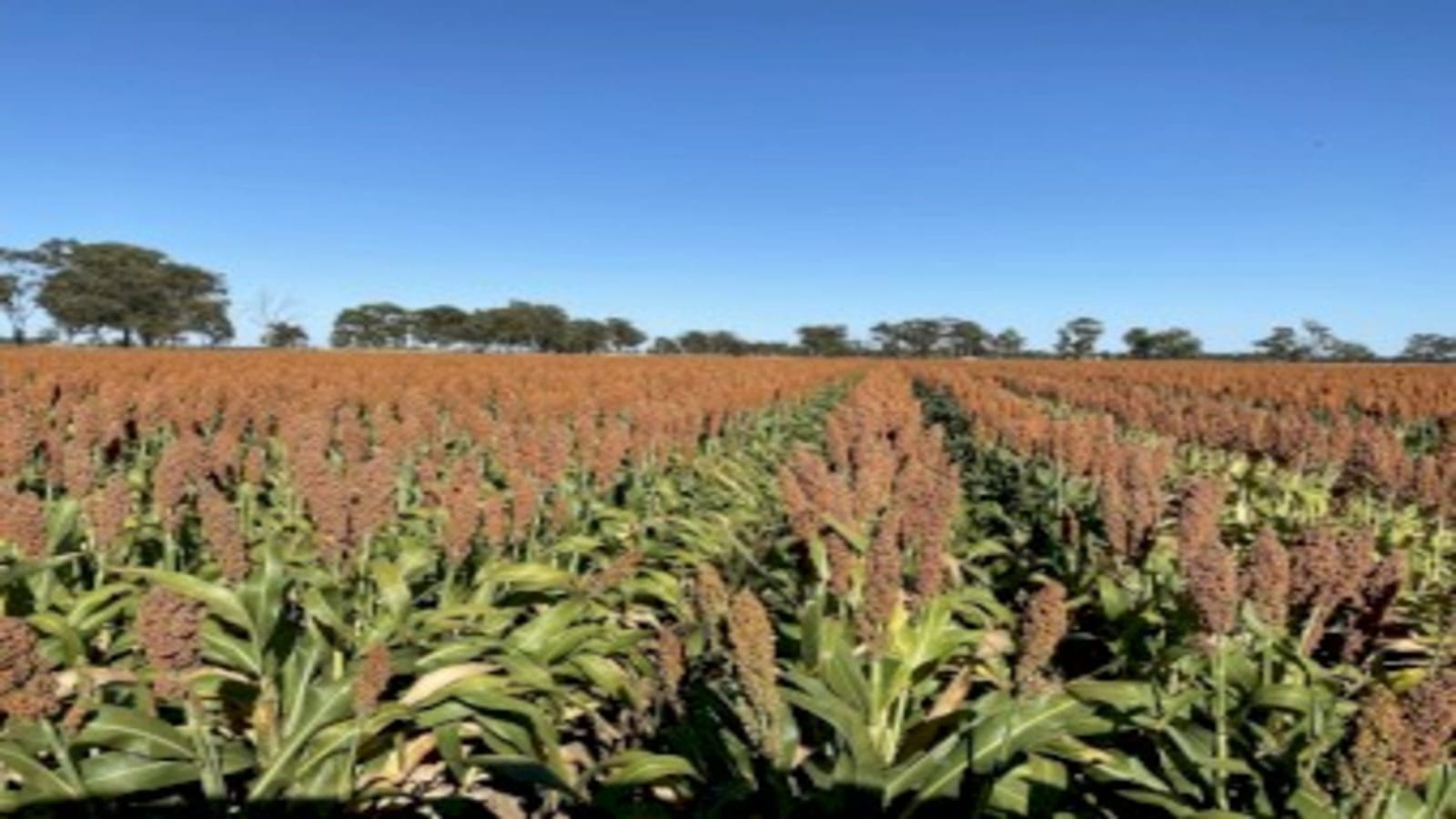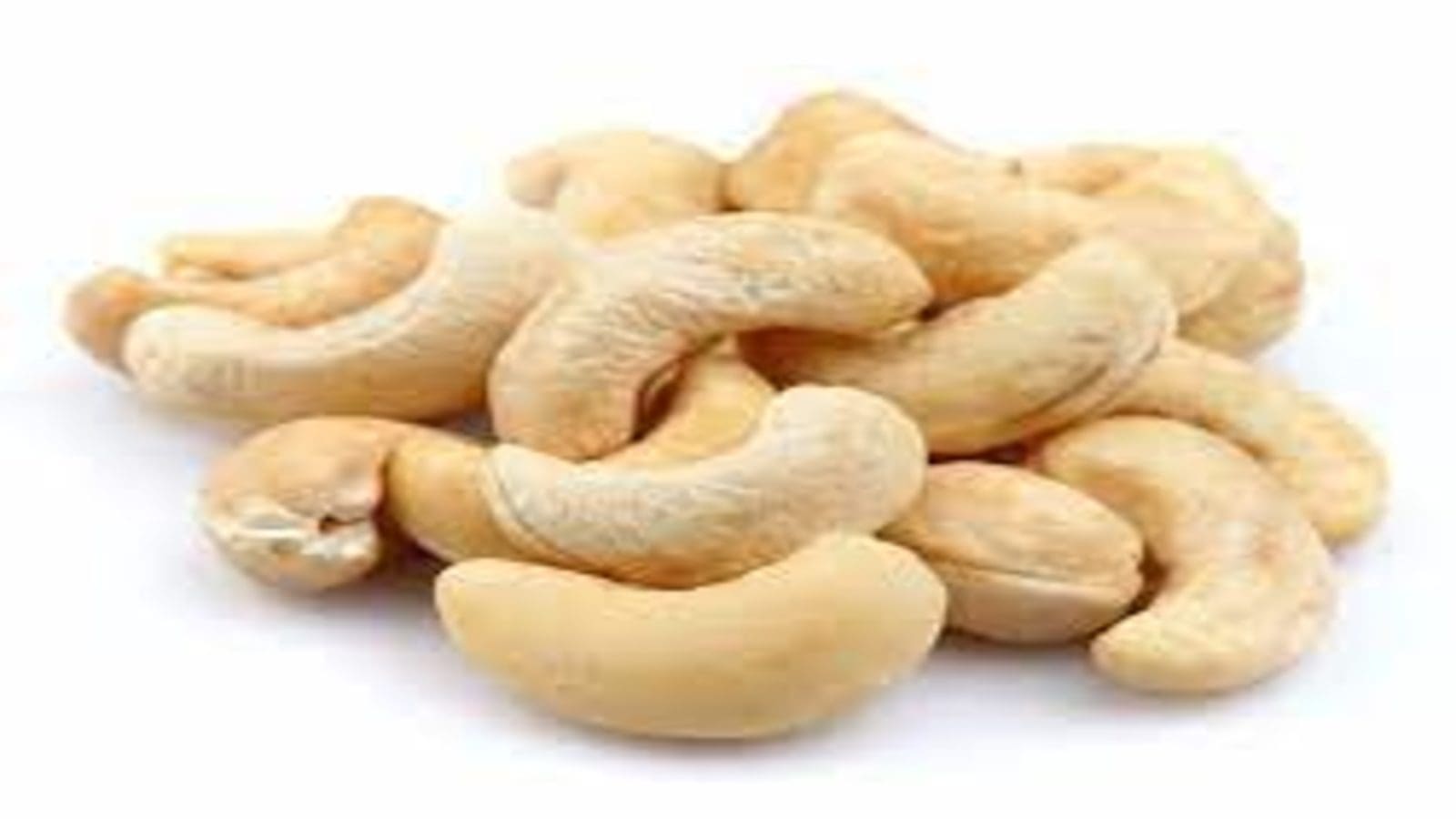ZIMBABWE – Zimbabwean farmers are poised for greater yield and income gains with the release of a new hybrid of white sorghum (great millet) with a yield potential of up to 8 tonnes per hectare, offering farmers a 25% yield increase.
Coupled with greater resilience to erratic rainfall the new variety matures between 85 to 118 days, has good resistance to common leaf diseases and its strong straw structure helps maintain plant stability, which is essential for efficient and profitable crop production, stated the scientists.
The agricultural innovation breakthrough was the result of collaboration between the International Crops Research Institute for the Semi-Arid Tropics (ICRISAT), and Seed-Co Global Research & Development Company under the innovative research conducted through the Sorghum and Pearl Millet Hybrid Parents Research Consortium (SPMHPRC).
According to Dr. Jacqueline Hughes, Director General of ICRISAT, the sub-Saharan-based groups have been in partnership striving to bring innovative and high-performing seeds to market and marking another significant step towards a more resilient and food-secure future for Africa.
In addition, she said that the research efforts are contributing to the well-being of farmers and their families across the Continent, to global food and nutritional security, and ultimately, to the achievement of Sustainable Development Goals.
Dr. Gorden Mabuyaye, the head of Seed-Co Global Research & Development said that the collaboration strives to bring innovative and high-performing seeds to market
The SPMHPRC had been a key factor in enabling ICRISAT and its partners to pool their resources and expertise to develop new varieties that are well-adapted to the needs of farmers and the market.
ICRISAT’s Principal Scientist for Eastern and Southern Africa, Dr. Hapson Mushoriwa confirmed that the new hybrid is well-adapted to the agro-climatic conditions of Zimbabwe and offers a promising solution to sorghum farmers, particularly in those regions with moderate to erratic rainfall patterns.
Dr. Rebbie Harawa, ICRISAT’s Regional Director and Country Representative – Kenya, Eastern & Southern Africa, applauded all stakeholders in the development of the hybrid and for their tenacity in managing its multi-environment trials over three successive cropping seasons
Multiple uses as a food and beverage ingredient
Meanwhile, the African Seed Company now plans to produce the seed at scale to sell to small-scale farmers from the drylands.
The hybrid is therefore expected to be used for both household use and in the production of a variety of both alcoholic and nonalcoholic industrial drinks.
Sorghum is also widely used in modern African industrial brewing as a cheaper alternative to imported barley.
In addition, European food innovators are also eyeing sorghum as a cheaper grain alternative to boost nutritional benefits as well as a climate-resistant crop.
For instance, the UK-backed InnoFoodAfrica initiative is making gluten-free crackers made from African crops such as amaranth and sorghum to improve the nutritional status of the continent.
According to the researchers, this innovation, therefore, is prime and will create a significant market locally and internationally.
For all the latest food industry news from Africa and the World, subscribe to our NEWSLETTER, follow us on Twitter and LinkedIn, like us on Facebook and subscribe to our YouTube channel.










